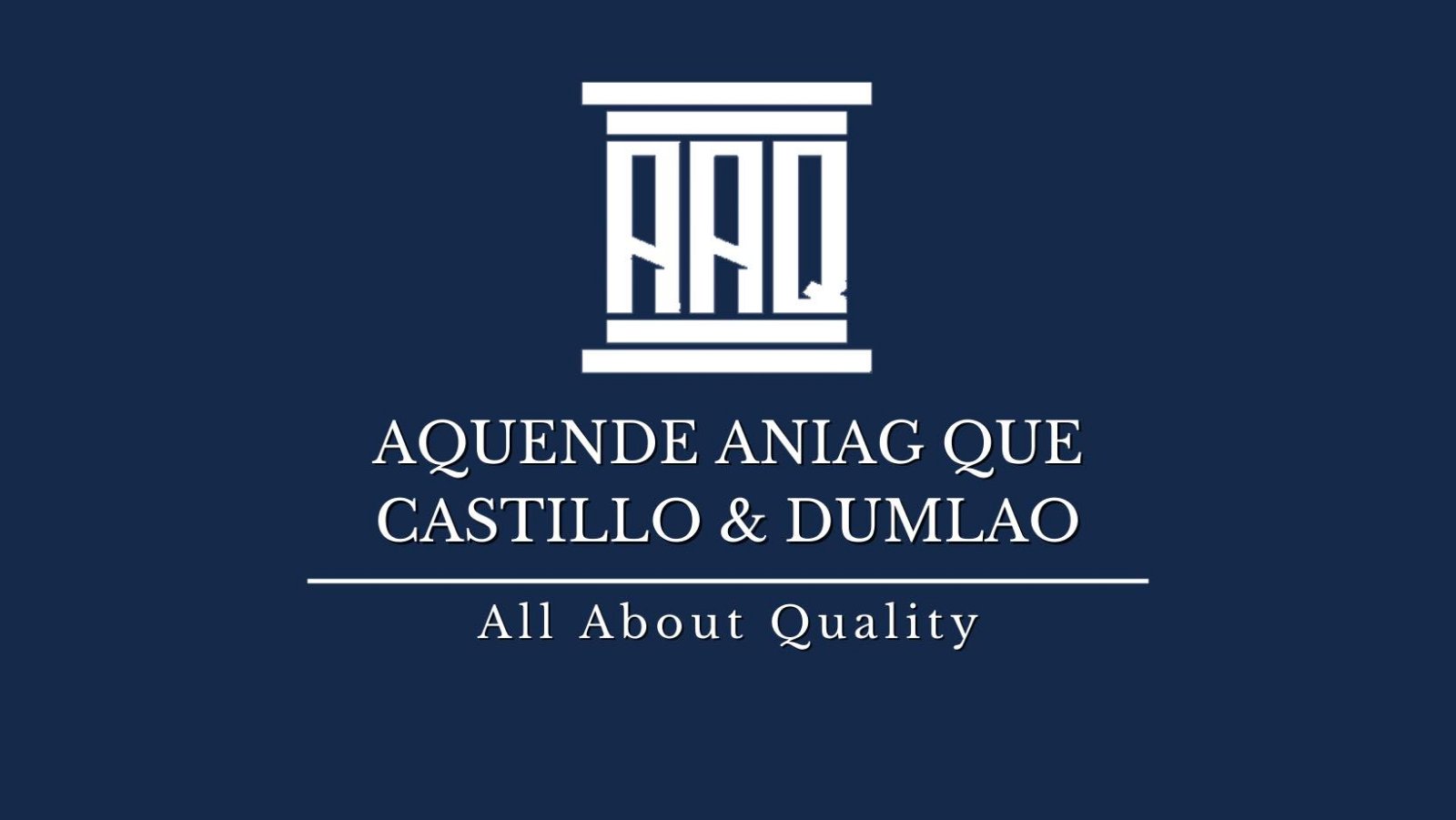On 16 July 2024, the Department of Justice issued Department Circular No. 15, otherwise known as the “2024 Department of Justice – National Prosecution Service (DOJ-NPS) Rules on Preliminary Investigations and Inquest Proceedings.” These new rules govern the conduct of preliminary investigations and inquest proceedings in all prosecution offices across the Philippines. The Rules were designed to streamline processes and enhance the efficiency of criminal investigations. The DOJ-NPS Rules represent a significant step toward improving the administration of justice in the Philippines.
Salient Provisions of the 2024 DOJ-NPS Rules on Preliminary Investigations and Inquest Proceedings
1. Coverage of the Conduct of Preliminary Investigation
Preliminary investigation shall now be required for crimes or offenses where the penalty prescribed by law is at least six (6) years and one (1) day without regard to fine. This supersedes Section 1, Rule 112 of the 2000 Revised Rules of Criminal Procedure which provides that a preliminary investigation is required to be conducted for an offense where the penalty prescribed by law is at least four (4) years, two (2) months and one (1) day.
2. Quantum of Evidence for Preliminary Investigations and Inquest Proceedings
The 2000 Revised Rules of Criminal Procedure previously states that the evidence presented need only establish the existence of probable cause for the filing of a complaint or information. In contrast, the DOJ-NPS Rules now provide that the quantum of evidence for preliminary investigations and inquest proceedings shall now be prima facie evidence with reasonable certainty of conviction. The DOJ-NPS Rules provide that the quantum exists when a prima facie case is established by the evidence-at-hand, sufficient to establish all the elements of a crime or offense charged and consequently warrant a conviction beyond reasonable doubt.
The DOJ-NPS Rules further state that the quantum of evidence is met when the prosecutor is convinced that the entirety of evidence presented by the parties is:
(a) admissible
(b) credible, and
(c) capable of being preserved and presented to establish all the elements of the crime or offense, as well as the identity of the person or persons responsible.
3. Virtual Preliminary Investigation
Preliminary investigations and inquest proceedings are now allowed to be conducted virtually as an alternative method. This option can be utilized during the initial hearing, provided that both parties are present and have access to videoconferencing technology, as well as the prosecution office. The investigating prosecutor may also schedule the continuation of proceedings via videoconferencing if it is deemed beneficial for the fair, speedy, and efficient administration of justice.
The use of videoconferencing for preliminary investigations must be stated in the order to be issued by the prosecutor. Such order shall also contain:
- the official email addresses of the prosecution office, the prosecutor, the parties, their witnesses, and counsels;
- the date and time of the clarificatory hearing or the e-filing and e-service of pleadings;
- the date and time of the submission of the hard copies of documents;
- the date and time of the videoconference hearing;
- the access details (links and passcode) of the videoconference platform, and;
- other matters
For virtual preliminary investigations, affidavits such as the counter-affidavit (when an extension is allowed), reply-affidavit, or rejoinder-affidavit shall be filed and served electronically via email. The submitting party shall have his or her affidavits and/of the supporting affidavits of his or her witnesses subscribed and sworn to before any prosecutor, or government official authorized to administer oath, or in their absence or unavailability, before a notary public. Such authorized officer must have jurisdiction over the residence of the affiant.
The affidavit in Portable Document Format (PDF) must then be transmitted to the official email addresses contained in the order. The hard copy of the original affidavit along with two duplicates shall be submitted to the prosecution office on or before the schedule set in the order. The submission of the hard copy must also include a verified declaration that the e-filed affidavit and accompanying documents are complete and true copies of the hard copies.
All videoconference hearings must be recorded.
4. Number of copies for filing of a Complaint-Affidavit
The filing requirements for complaint-affidavits have been standardized to include one original complaint-affidavit, two duplicate copies, and an additional copy for each respondent.
5. Requirement of counsel during inquest proceedings
The prosecutor is now required to ensure that a respondent is represented by counsel during inquest proceedings.
6. Period to resolve cases
Preliminary investigation complaints must be resolved by the investigating prosecutor within sixty (60) calendar days, with a possible thirty (30) day extension for specific cases. The resolution and information are to be approved by the head of office within five (5) days, and acted upon by the Prosecutor General or deputies within ten (10) days. Inquest referrals should be resolved within one day and submitted for approval the following working day.
You may access a copy of the 2024 DOJ-NPS Rules through this link.




